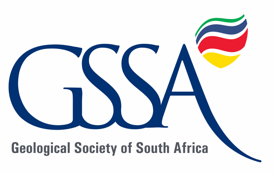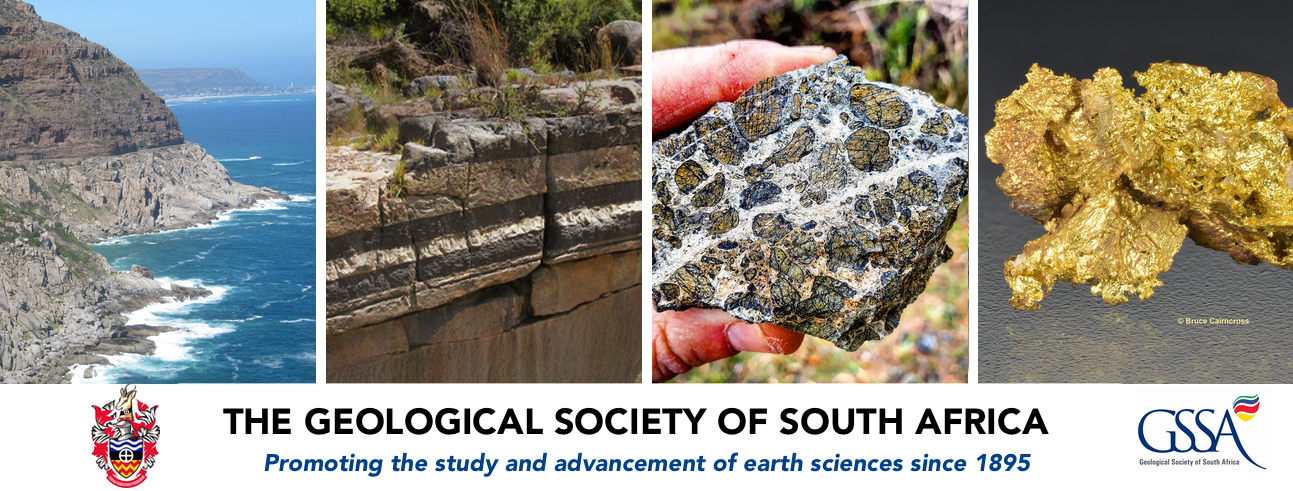Minimum requirements for geotechnical investigations with examples of where things go wrong, (Tuesday 3 October 2017)
Minimum requirements for geotechnical > investigations with examples
of where things go wrong,(Tuesday 3 October 2017)
From the days of Jennings, Brink and Williams, South Africa has a well-established competency in geotechnical investigation. The expertise, equipment and facilities exist within our country. Why then should we still find
ourselves in a position where so many major projects go wrong because of inadequate geotechnical information? In most such cases, it is not that geotechnical investigation was not carried out, but that the scope of the investigation was inadequate for the particular project. Does the problem lie with reluctance of developers to spend the money, poor specification of the investigation requirements or the mistaken belief that the industry already knows the geotechnical conditions likely to occur in a certain area?
This lecture will deal with the various regulatory (legal) and normative (standardised) requirements for geotechnical investigations and the level of investigation required for various categories of development. It will present the need to ensure that the investigation provides the information required for the planning, design, pricing, construction and management of projects. Examples will be presented of a number of projects that have incurred significant
cost overruns or liability on account of inadequate investigation. The lecture will end with a discussion session on what the geotechnical profession can do to assist clients, planners and project managers to specify and procure
investigations that are appropriate for the project at hand.
Geotechnical Investigations: Tools of the Trade
Professionals outside the geotechnical or engineering geological fraternity are often required to request, specify, motivate for or prepare a Bill of Quantities for a geotechnical investigation. All without ever having studied, or received formal training, in geotechnics. This can result in inadequate or inappropriate investigations being carried out and can become a nightmare for those having to evaluate submissions from a variety of practitioners.
But what are we looking for when we do a geotechnical investigation? Within the lecture, we will look at the different materials present below our feet and why knowing this is important for development. A brief introduction to problems materials will be given including dolomitic terrain, collapsible soils and expansive clays. An outline of the “tools of the geotechnical investigation trade” will then be given. From just looking at the geological map to the
drilling of rotary cored boreholes and a “hole” lot in between. A brief outline will be given of each method of investigation and will indicate the pros and cons of each method and when and where they should be used.
About the presenters
Peter Day
Dr Peter Day is a geotechnical engineer with 40 years’ experience in geotechnical consulting. He is the retired chairman of Jones & Wagener and Adjunct Professor of Engineering at the University of Stellenbosch. He has
played a role in the writing of many codes and standards including SANS 1936 (development on dolomite land), SANS 10160-5 (basis of geotechnical design and actions), the SAICE lateral support code and the SAICE site investigation code of practice. He chairs the SABS technical committee of structural and geotechnical design standards. Peter is frequently appointed to act as a review consultant on major geotechnical projects or to carry out investigations into geotechnical problems on projects.
Heather Davis
Heather Davis has over 30 years of experience within the fields of geotechnical engineering and engineering geology, all being gained in Sub Saharan Africa. A wide range of projects have been handled ranging from investigations for large projects such as coal fired power stations, hydroelectric power schemes, major freeways and major pipelines to smaller scale projects for commercial and residential buildings. She has extensive experience in dolomitic terrain and was involved in the re-drafting of SANS 1936 Parts 1 and 2 and continues to be involved in the committee responsible for the next draft of the standard. Heather is actively involved in the work of the Geotechnical Division of the South African Institution of Civil Engineers and has acted as Treasurer since 2016. Heather was also on the organising committee for the First Southern African Geotechnical Conference held at Sun City in May 2016.
Registration Costs
SAICE Geotechnical Members R500.00
Non-Members R750.00
Students R250.00
Programme
13:00 for 14:00 Registrations
14:00 – 15:30 Lecture
15:30 – 15:45 Break
15:45 – 17:15 Lecture
17:15 Networking Hour
Kindly complete the registration form and return to info@selahproductions.co.za
For more information, please contact Yolandé van den Berg on +27 82 323 3910.

